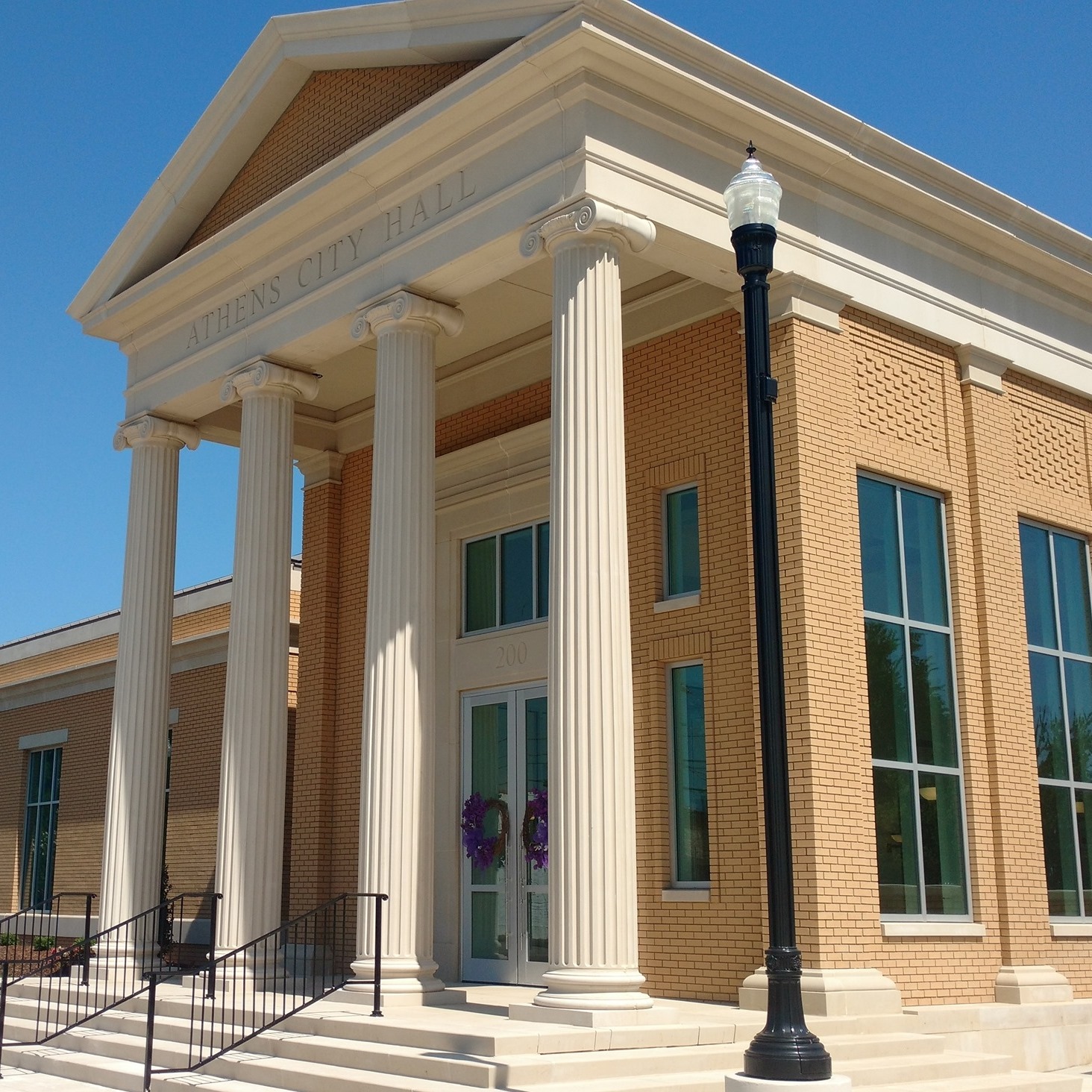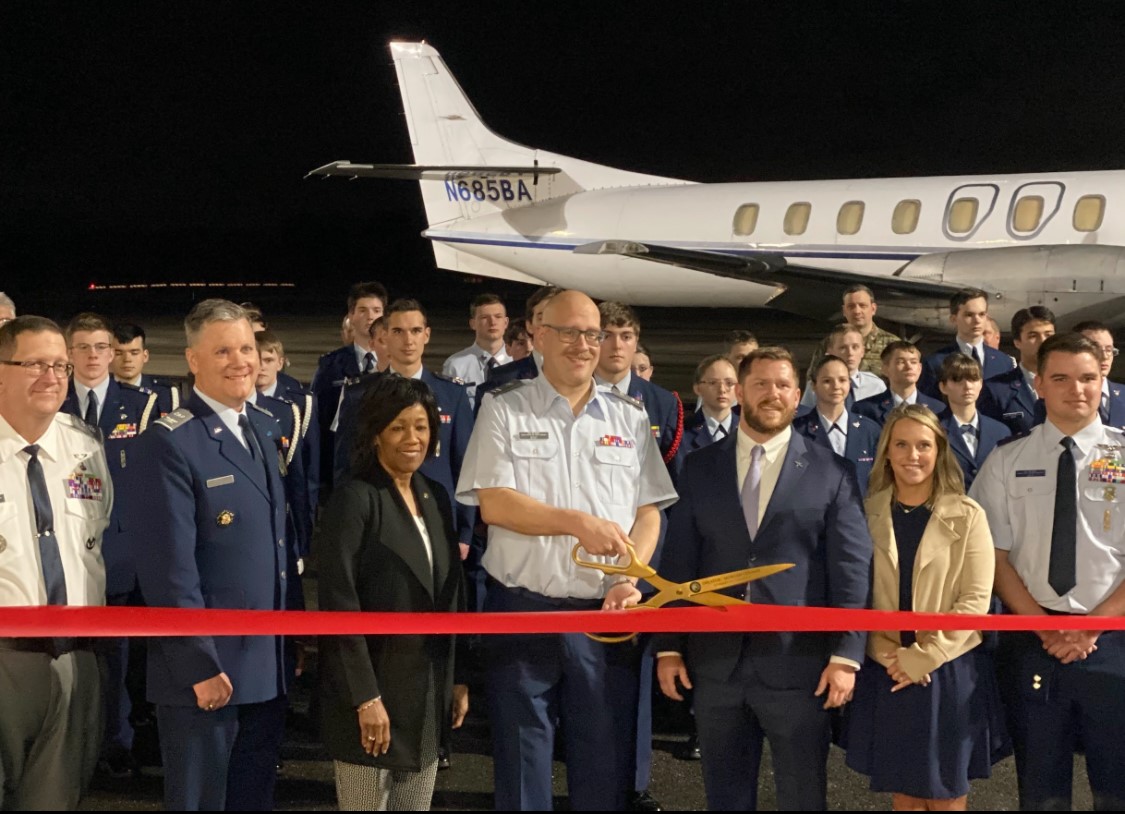Local man’s security firm aided in rescue of hostages in Mumbai
Published 10:29 pm Friday, January 9, 2009

- Workmen remove debris from the Taj Mahal Palace and Towers hotel in Mumbai, India, Dec. 22, a day after it was reopened following a 60-hour standoff between police and Muslim militants who seized the historic building. By the time the hostages were freed, 164 people and nine gunmen were dead, including dozens of guests and staff members from the hotel.
A Huntsville small business that provides engineering support and security played a key role in the rescue of 16 members of an international law firm during the November terrorist attacks in Mumbai, India.
The victory reminded company president and Limestone County native Chuck Vessels just how small the world is and that the Huntsville, Athens, Decatur and surrounding area has much to offer the world in terms of technological and security services.
On Nov. 26, a group of well-organized gunmen targeted places in Mumbai — formerly Bombay — frequented by wealthy Indians and foreigners. They attacked hotels, restaurants, a hospital, the main train station and other key buildings, even shutting down the Bombay Stock Exchange — the world’s largest — for three days.
At least 120 people were killed, most of them Indians, and 300 were wounded. Among those in danger were 16 members of an international law firm who were staying at two hotels in Mumbai.
Meanwhile, back in Huntsville, Gleason Research Associates Inc. — which provides engineering and special program support to the Defense Department and some commercial clients — was able to provide critical hostage survival skills and support to the 16 people, Vessels said.
“For 46 hours we stayed in contact with the hostages by using their BlackBerries (a handheld computer with a cellular telephone), cell phones and laptop computers,” Vessels said. “We provided real-time intelligence and rescue information as well as survival, escape and personal security techniques.”
The security team taught the 16 what to do and not do to help ensure their survival during the siege.
They learned to barricade themselves in their rooms using furniture and other items to avoid shrapnel if a door is exploded open. They learned that a toilet tank lid can serve as a ceramic flak jacket, and to fill the tub with water in case they are cut off for days without water.
They learn not to answer the hotel room telephone or to answer the door.
“If terrorists are in a hotel, instead of clearing it, they get on the phone and call room to room so they know who to come after,” Vessels said.
Vessels had received a call from a client 45 minutes after the first attack who said he was being held hostage by the attacks.
GRA’s security team contacted ambassadors and maintained contact with the executives through cell phones and BlackBerries. Within 45 minutes, they had established a safe house close to the consulate, arranged ground transportation and guided 14 of the 16 executives out safely. It took longer to move the last two. The team also obtained passports, documents and money so the people could be moved out of the area and brought home.
All 16 escaped without serious injury. But the attacks created a heightened awareness of the risks of travel to some areas.
A lot of global companies are starting to realize that their American or Western passports are not safe. So, they are trying to be proactive and seek training to prepare for travel.
Since the attack, Vessels has been sharing his company’s experience with Limestone County students so they can understand the world is small when a Limestone County man and his company rescue people involved in a terrorist attack across the globe. He wants students and others to understand how the attacks, which closed the Bombay Exchange after 2 million workers stayed home for three days, affected global markets — even our own pocketbooks.
“I told them the dollar they used to buy candy and Coke bought more before the attacks,” he said.
As a boy, Vessels was a skinny kid raised on a dairy farm who only wanted to farm, he said. He graduated from Athens High in 1982 and earned his mechanical engineering degree from Auburn University. He is an internationally recognized expert on bomb tactics and bomb disposal. He is a Sloan Fellow in the Sloan School of Management at the Massachusetts Institute of Technology and is working on his doctorate. He has 18 inventions or patents, 17 of which the Defense Department holds as secured technologies. Since 1987, he has also worked as a deputy sheriff, narcotics investigator, SWAT operator, sniper and counter sniper, explosives entry technician and, since 1994, as an FBI-certified weapons and defensive tactics instructor and amorer.
He and his wife, Tania, have two children – Tess, 13, who attends East Limestone High School, and Hugh, 7, who attends Creekside Elementary School.






